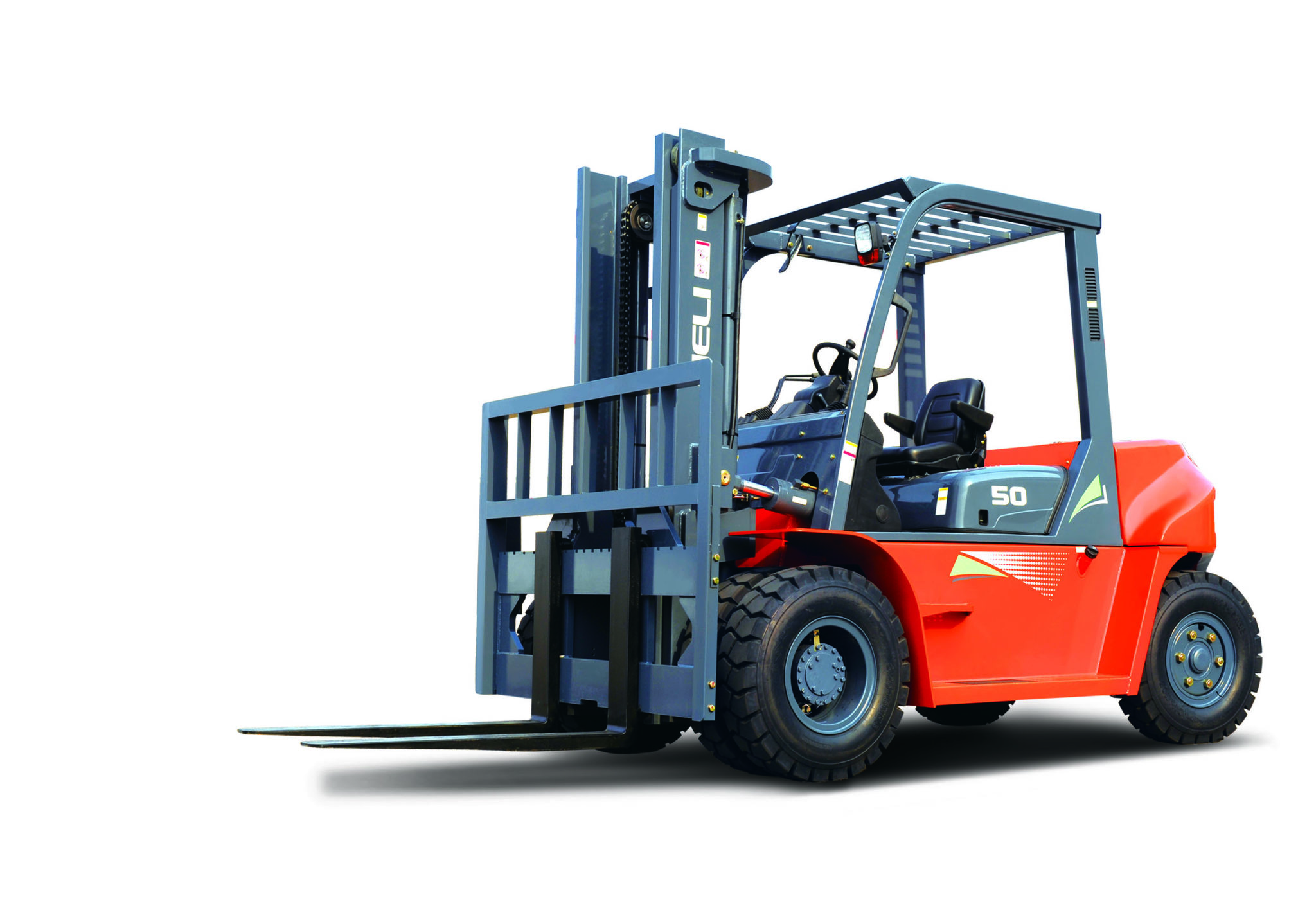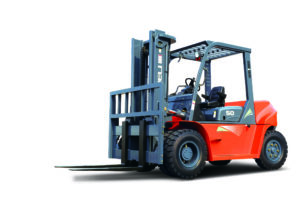If you are in search of a forklift for sale or a forklift for hire, it’s important to know the differences between LPG (Liquefied petroleum gas), electric, and diesel forklifts. Each type has its pros and cons, affecting factors like efficiency, environmental impact, and cost. Here’s a breakdown of the differences to help you make a smart choice based on your needs:
| LPG FORKLIFTS | ELECTRIC FORKLIFTS | DIESEL FORKLIFTS | |
| How do they get their Power? | LPG Forklifts run on a type of gas made from natural gas or petroleum. They are good for a bunch of words because they have a good combination of power and efficiency. | Electric Forklifts use rechargeable batteries. They are known for being quiet and clean, making them great for indoor use. Additionally, they usually cost less to maintain. | Diesel Forklifts have engines that run on diesel fuel. They are strong and often used outside for heavy lifting and long work hours. |
| How much do they cost to Run? | LPG Forklifts usually cost less to run than diesel forklifts. The gas is often cheaper, and maintenance isn’t too pricey. | Electric Forklifts have lower energy costs and maintenance is usually cheaper. But, they might cost more upfront. | Diesel Forklifts might be cheaper to buy, but they can have higher fuel and maintenance costs. Diesel fuel can be more expensive. |
| How do they affect the environment? | LPG Forklifts are better for the environment than diesel ones. They produce fewer pollutants. | Electric Forklifts are the cleanest choice. They don’t produce any emissions during work, making them great for indoor spaces. | Diesel Forklifts produce more emissions than the other types. They are better for outdoor jobs where emissions are less of a worry. |
LPG FORKLIFTS
LPG forklifts are versatile and can be used both indoors and outdoors. They are suitable for applications including manufacturing, warehouses, and construction sites. When it comes to refuelling, LPG forklifts have quick access, making them efficient for operations that require minimal downtime. The refuelling infrastructure is easy to set up.
While the initial cost of LPG Forklifts may be higher than some electric models, it often has a lower total cost of ownership compared to diesel models, thanks to lower maintenance costs.
ELECTRIC FORKLIFTS
Electric forklifts operate quietly, which is better for indoor projects where noise levels need to be minimized. This feature can add to a more comfortable and productive workplace.
The absence of emissions during operation makes electric forklifts an environmentally friendly choice. This is especially important in enclosed spaces with strict air quality regulations. Additionally, many electric forklifts come with regenerative braking systems, which can help recharge the batteries while slowing down, enhancing overall energy efficiency.
DIESEL FORKLIFTS
Diesel forklifts are popular for their high torque and power, making them well-suited for heavy-duty tasks and outdoor applications. They are usually the preferred choice for lifting heavy loads. Diesel forklifts can operate longer periods between refuelling compared to some electric models. This makes them suitable for applications where continuous operation is important. They are resilient in various weather conditions, making them suitable for outdoor work. They can handle rough terrains and adverse weather more effectively than some electric forklifts.
Understanding the features of LPG forklifts, electric forklifts, and diesel forklifts allows businesses to make more meticulous decisions based on specific operation needs.
Have additional questions or need personalized assistance in choosing the right forklift for your business? Our team of experts is here to help! Feel free to reach out to us.
Phone – (07) 5358 0646
E-mail – sa***@nc****.au
Visit us – 13 Allen St Moffat Beach, Qld, 4551, Australia



